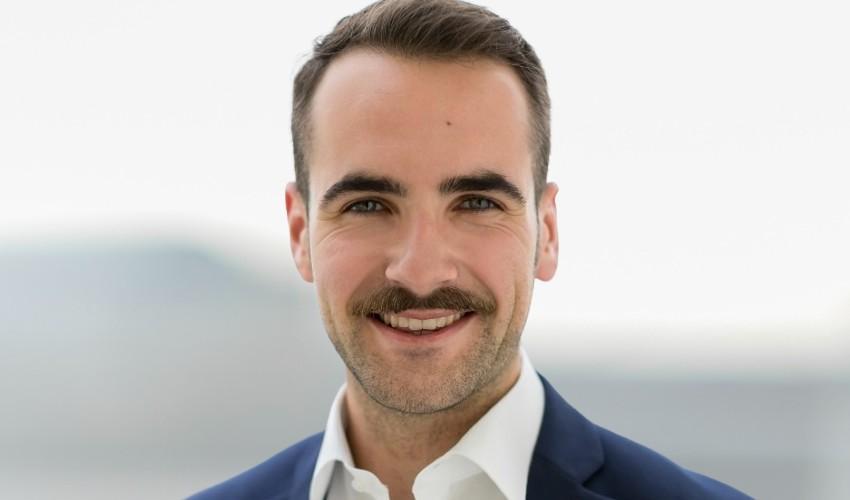
Science Skepticism Made Lockdown Measures Less Effective
VALENTIN KECHT, NOW A PHD STUDENT AT BONN, COAUTHORED A PAPER PUBLISHED IN NATURE HUMAN BEHAVIOUR WHEN HE WAS A MSC STUDENT AND A IGIER VISITING STUDENT AT BOCCONIValentin Kecht worked on the newly published “Science Skepticism Reduced Compliance with COVID-19 Shelter-in-Place Policies in the United States” (Nature Human Behaviour, published 13 October 2021) while a student at Bocconi MSc in Economics and Social Sciences and a Visiting Student at IGIER, a Bocconi University research center.
He had already worked on evaluating the effectiveness of lockdown measures during the early phases of the COVID-19 pandemic with two PhD students and a fellow MSc student at Bocconi and had published a paper on the subject in the CEPR COVID Economics series. In a moment when data were difficult to collect, they leveraged on a cell-phone location database which allowed them to observe mobility at local level while lockdown measures were in place.
The new paper stems from their contact with Austin Wright, an Assistant Professor at the Harris School of Public Policy and The College at The University of Chicago, who was working on the nexus between poverty and economic dislocation and the pandemic response. “During a call,” Valentin says, “we understood we had a similar methodology and decided to explore the role of science skepticism, leveraging on the cell phone database.”
The paper published in Nature Human Behaviour makes use of beliefs on climate change as a measure of science trust or skepticism and concludes that “compliance with shelter-in-place policies issued by local and regional governments in the United States was uneven and may have been influenced by science skepticism. Using county–day measures of physical distancing derived from cell phone location data, we demonstrate that the proportion of people who stayed at home after shelter-in-place policies went into effect in March and April 2020 in the United States was significantly lower in counties with a high concentration of science skeptics.”
Kecht is now a PhD student at Bonn Graduate School of Economics, where he wants to perfect his knowledge of Microeconomics and Behavioral Economics. He can build on a string of positions in research dating back to 2015, when he was a bachelor student, that includes Deutsche Bundesbank, Bocconi, Universitat Pompeu Fabra, Ludwig-Maximilians Universitaet Muenchen, Ifo Institute, and RWI – Leibniz Institute for Economic Research. He’s also been a Blue Book Trainee at the European Commission.
“I understood early that research was what I was interested in and started to apply for such positions since my second year as a bachelor student,” Kecht says.
Consistency, and the relations formed during his research experiences, paid off. Kecht got to know David Van Dijcke, one of the PhD students and coauthors, when they both were interns at the German Central Bank. Moreover, the experience as an IGIER Visiting Student earned him a reference letter by Nicola Gennaioli (IGIER Director and a scholar of behavioral finance) for his PhD application.
by Fabio Todesco
